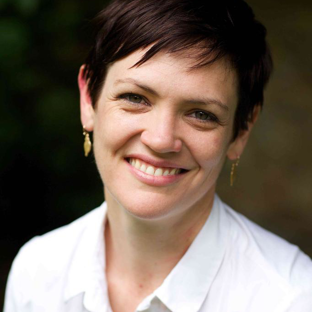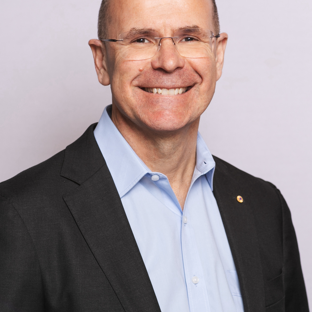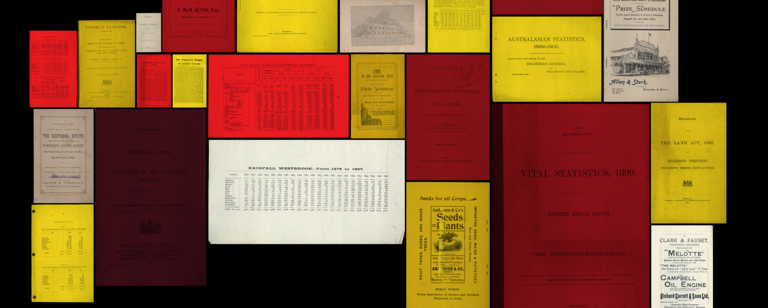Public opinion is now overwhelmingly in favour of the recognition of Aboriginal and Torres Strait Islander people in Australia’s Constitution. What would be the symbolic and practical implications of such a change – and who is leading the push for a referendum?
Join us for an exploration of the history – and potential legal, social and philosophical impacts – of constitutional change. How was our Constitution drafted, and how did Indigenous Australians come to be excluded at the birth of Australia’s federation? Why do discriminatory racial references remain in our Constitution, even after amendments to the document were carried in 1967?
Question Time hands the discussion to you for a full hour of Q&A with our expert panellists. Unpack the laws and philosophies that have come to bear on the autonomy and acknowledgement of Indigenous Australians – from terra nullius, protectionism and forced assimilation to land rights, self-determination and potentially imminent constitutional recognition.
Featuring

Madeleine Morris
Madeleine Morris is a Melbourne-based reporter for ABC television’s 7.30. She was formerly a presenter for the BBC in London and reported from dozens of countries before returning to her native Australia. She is the author of Guilt-Free Bottle-Feeding: Why Your Formula-Fed Baby Can Grow Up To Be Happy, Healthy and Smart, published by Finch.

Patricia Turner
An Arrernte and Gurdanji woman, Patricia Turner has 40 years experience working primarily in Aboriginal affairs at the local, regional and national levels. She has had a long and varied career in the Australian Public Service, with senior roles including CEO of the Aboriginal and Torres Strait Islander Commission, and Deputy Secretary of the Commonwealth Departments of Aboriginal Affairs and Prime Minister and Cabinet – with oversight of the establishment of the Council for Aboriginal Reconciliation and with responsibility for the Office of the Status of Women among other matters.
Turner was also the Deputy Chief Executive Officer of Centrelink, and the Head of the Regulatory Reform Taskforce reviewing the administrative arrangements for public health and safety regulation at the federal level with the then Department of Health and Aged Care. For eighteen months in 1998–99, she held the Monash Chair of Australia Studies, Georgetown University, USA.
Turner holds a Masters Degree in Public Administration from the University of Canberra, where she was awarded the University prize for Development Studies.

Jill Gallagher
Jill Gallagher AO is a Gunditjmara woman from Western Victoria who has worked within, led and advocated for the Victorian Aboriginal community all her life.
Since 1998 this has been through the Victorian Aboriginal Community Controlled Health Organisation (VACCHO), now one of Australia’s largest and most effective state Aboriginal peak advocacy organisations. As CEO since 2001, Gallagher has led a major growth in the organisation’s status by working to raise its profile and to position it as the key body in addressing Aboriginal health issues.
In 2010, Gallagher was included in the Victorian Honour Roll of Women and in 2013 she was appointed to the Order of Australia in recognition of her strong and effective leadership in Aboriginal health.
Gallagher’s work was instrumental in achieving bipartisan support for the vital statement of intent – signed by Premier John Brumby in August 2008 on behalf of the Victorian Government – to close the gap between Indigenous and non-Indigenous Australians on life expectancy, educational achievement and employment opportunities.
Gallagher believes that for community to achieve its full potential, issues such as health problems must be identified and addressed. Aboriginal Community Controlled Health Organisations, governed by community elected boards and dedicated to providing a range of health and community services, are best placed to fulfil the needs of the community and achieve equality of outcomes.
Her direct influence in improving awareness of health issues and access to dedicated services includes developing the comprehensive Well Persons Health Check program which began in 2000 and was run across Victoria, and a Koori Maternity Service program to help Aboriginal women access antenatal services and information. In 2007–2008 about 200 Aboriginal babies were born to mothers who had accessed the program.
As well as tackling health issues, Gallagher is passionate about Aboriginal culture, and Aboriginal culture being valued.
Prior to her work at VACCHO, she was a member of the Museum of Victoria and worked for the return of Indigenous skeletal remains and Indigenous cultural property.
Gallagher has also sat on various committees including the Victorian Early Childhood Development Advisory Committee, the Equal Opportunity Commission Victoria Indigenous Reference Group, the Child Death Review and the Cooperative Research Centre on Aboriginal Health, and the Premier's Aboriginal Advisory Committee.
Frank Brennan
Frank Brennan is a Jesuit priest, professor of law at the Australian Catholic University, and adjunct professor at the College of Law and the National Centre for Indigenous Studies at the Australian National University.
Brennan has been actively committed to Indigenous reconciliation, justice and recognition for over 30 years. He began as a volunteer in the first Aboriginal legal service in Australia, was an Ambassador for Reconciliation and was described as ‘the meddling priest’ by Keating in 1998 during his involvement in Wik. His books on Indigenous issues include The Wik Debate, One Land One Nation, Sharing the Country, Land Rights Queensland Style and No Small Change: The Road to Recognition for Indigenous Australia. He watched the passage of the first Aboriginal Land Rights Act (NT) in the senate in Canberra in 1976 and his father Sir Gerard Brennan was a High Court Judge on the Mabo case.
Brennan’s most recent books are Tampering with Asylum (2003), which compares Australia’s asylum policies with those of other first-world countries, and Acting on Conscience (2007), which looks at the place of religion in Australian politics and law. In 2009, he chaired the National Human Rights Consultation. Frank Brennan has been classified as a Living National Treasure and is an Officer of the Order of Australia (AO) for services to Aboriginal Australians, particularly as an advocate in the areas of law, social justice and reconciliation.

George Williams
Professor George Williams AO is the Vice-Chancellor and President of Western Sydney University. He previously served as Deputy Vice-Chancellor, Dean of Law and Anthony Mason Professor at the University of ...
